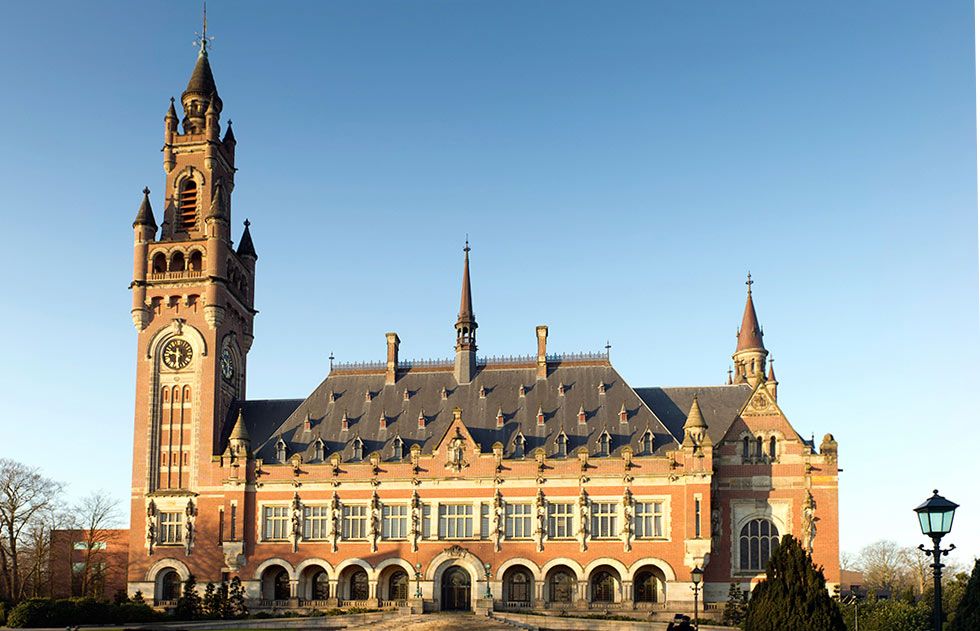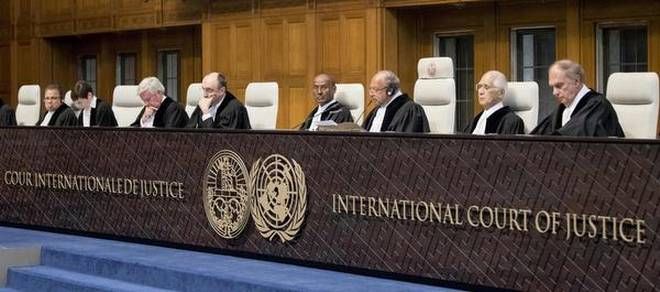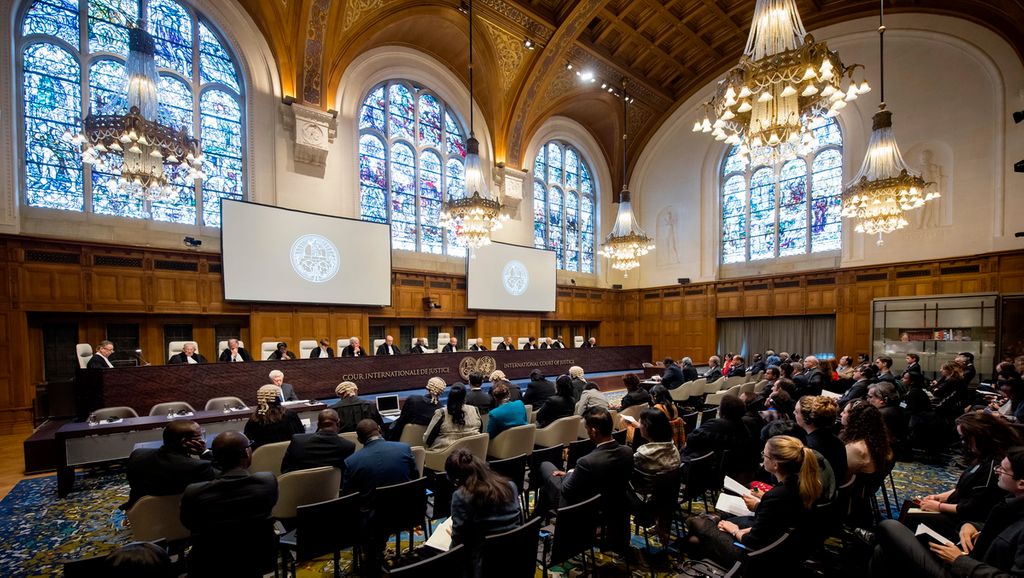The Powerless International Court Of Justice
Jun 09, 2019 • 28 views
Maybe You don’t know what it is. And probably for a good reason.
The World Court
The International Court of Justice is also called the World Court and is the main judicial body of the United Nations. Under the United Nations Charter, it started functioning in 1946. ICJ is situated in the beautiful city of The Hague in the Netherlands.

A court is a place for solving cases, resolving disputes. While National courts are for resolving internal issues of a country, the International court of justice is for cases pertaining to different countries.
ICJ’s primary functions involve settling international legal disputes submitted to the court and give advisory opinions on legal issues when referred by the UN. Contentious cases include disputes related to members of the UN.
But not all cases are accepted in the court. The panel consisting of 15 judges decide whether the case is under the jurisdiction of the court.

So, what we can gather is, countries can file cases against each other in this court. But this World court does not possess grand power.
Why ICJ is weak?
If two countries are fighting against each other in the World Court and the court gives a verdict, it holds little to no value. The verdict given should be mutually accepted by both the parties to make it legally binding.
Yes, why would a losing party ever accept the court’s verdict? And there lies its major flaw. It is nothing but a façade, good only for bringing out cases in public.
One more problem with ICJ is that only countries can put a case in this court and no international organization and NGO’s can take their cases forward.
There are other problems as well.

Consider the infamous case of Kulbhushan Jadhav. Around 2017, in a secret hearing, he was accused of being a spy and sentenced to death by the Pakistan government without any hard evidence.
India accused Pakistan of not following the Vienna agreement of spies and India took this case to the International Court of Justice. There will be a hearing soon.
If the World Court rules in favor of India and asks Pakistan to give Kulbhusan back, it is not legally binding. It is not binding until both parties mutually agree. Pakistan can back out of the case anytime and not accept the outcome. The verdict only increases moral pressure.
Even if hypothetically Pakistan and India come to a mutual agreement regarding the verdict.
Hypothetically.
But Pakistan still does not hand over the prisoner, it will be punished by the UN’s Security Council.
But there is a catch. Even after all that, if a permanent member of the Security Council says, there should not be any punishment regarding the case, the verdict will be cancelled.
That is how weak the International Court of Justice is.
